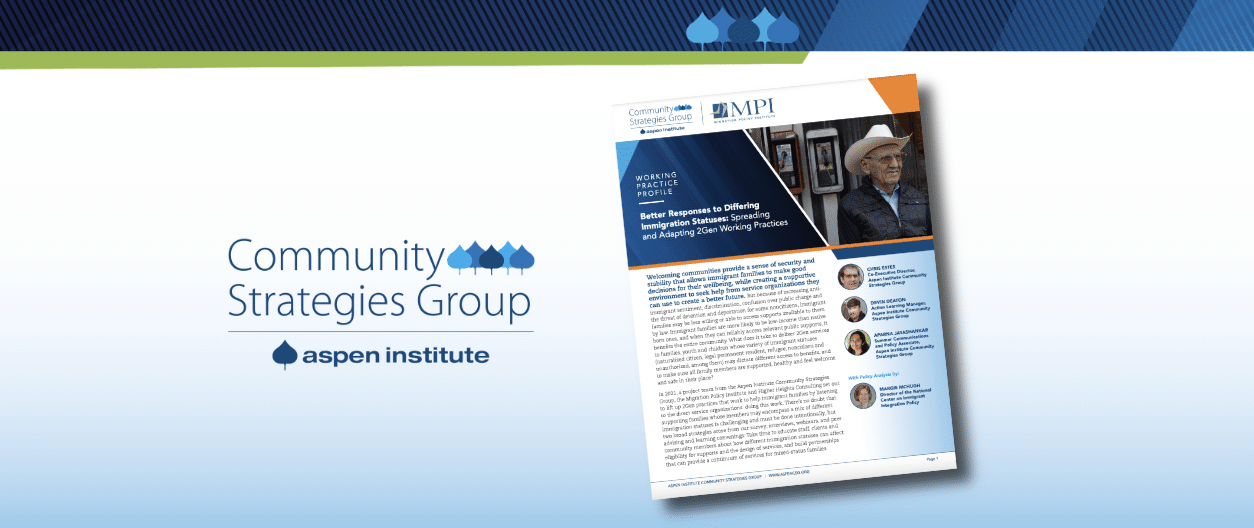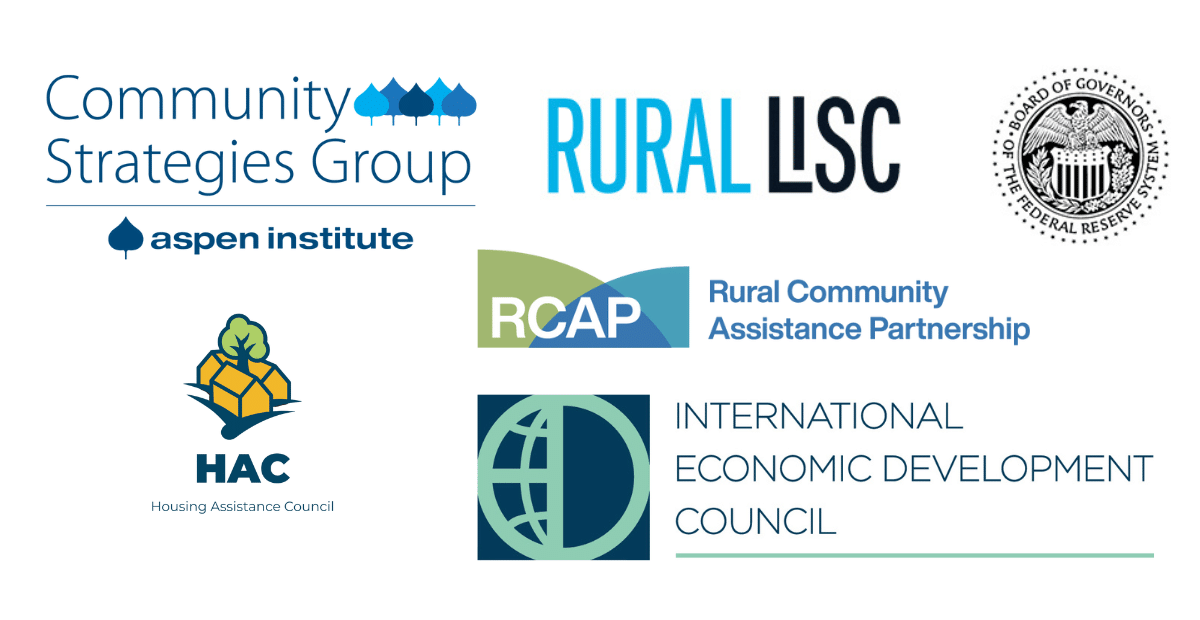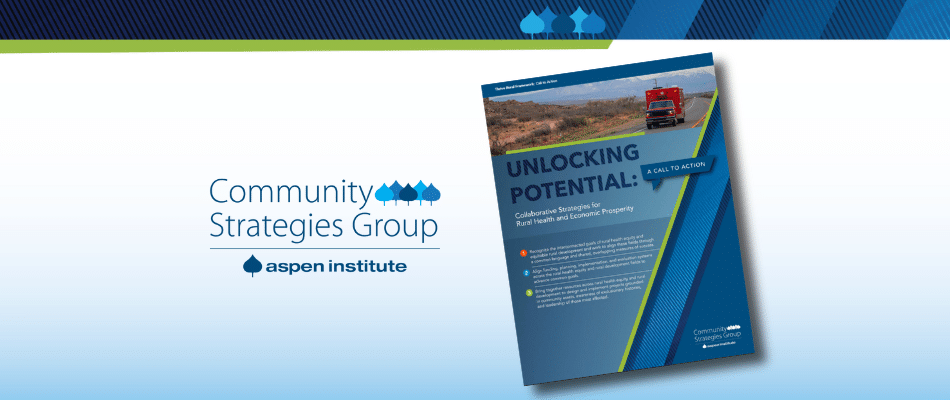View this Publication
What does it take to deliver 2Gen services to families, youth, and children whose various immigrant statuses may dictate different access to benefits and make sure all family members are supported, healthy, and feel welcome and safe in their place? Our brief on immigration status examines how service organizations can provide a sense of stability and security and create a supportive environment in which immigrant and refugee communities feel safe enough to seek help around immigration statuses. When organizations are prepared for this sensitive topic, they can serve an even more valuable role in ensuring that these communities feel safe and prepared for whatever tomorrow may bring.
Our Family Economic Success briefs capture learnings on the best organizational strategies to provide 2Gen services to immigrant and refugee families from a year-long project, including four webinars and peer learning sessions.
Better Responses to Differing Immigration Statuses focuses on strategies for ensuring families can access vital resources and emergency funding regardless of immigration status. This is just one brief within a series; other topics include building trust, growing language skills, and using cultural competency to best support these groups. This brief builds on a September 2021 event hosted by the Aspen Institute Community Strategies Group in partnership with the Migration Policy Institute and Ascend at the Aspen Institute.
What is the 2Gen approach?
By working with families to solve problems, access new resources, and sharpen existing talents and skills, the 2Gen approach creates experiences and opportunities for all families to reach their full potential and for communities to thrive economically and socially.
HOW 2Gen services CAN BE DELIVERED to families, youth, and children whose various immigrant statuses may dictate differential access to benefits:
Service organizations can employ a range of strategies to create a supportive environment in which immigrant and refugee communities feel safe enough to seek help around immigration statuses, including:
- Partner with organizations that understand the continuum of status. Build partnerships with legal organizations, banks, healthcare institutions, and postsecondary institutions that will serve undocumented immigrants.
- Assist families with capacity strengthening. Recognize how their immigration status may pose barriers to academic and career development or financial wellness. Explore other options, such as giving them the tools to open their business, which may not require a SSN.
- Involve families in program design. Incorporate family voice into programming and build a team of staff who have cultural competence and understand what families need.
- Track and measure program effectiveness. Check in with program participants to see if the program helped them meet their goals and ask what they took away from the program. Use this to inform changes to the program design and whether to proceed with partnerships.
- Prepare a disaster response plan. During disasters, immigrants are a vulnerable population (especially those with mixed or undocumented status). They may not be eligible for all types of federal support, so have a disaster response plan ready to provide medical, financial, housing, and mental health support.
- Offer education around rights and available resources. Hold “know your rights” workshops and inform families about what options are available to them based on their legal status.
- Put fears in context. Understandably, some families may be afraid to access resources due to fear of ICE and deportation. Provide information about the reality of the situation and help distinguish between federal and local policy.
EVENT RECORDING
Organizations that are successfully responding to differing immigration statuses share:
- How non-profits can educate staff, clients, and community members about the intersection between immigration status and benefits eligibility;
- How service organizations can build partnerships to provide a continuum of services for mixed-status families; and
- How foundations can support citizenship initiatives that open additional career opportunities for immigrant residents.
FEATURED EXPERTS
Vikki Rompala: Vice-President of the Family Hub, Chicago Commons
Susana Garcia: Neighborhood Initiative Program Director, On the Move
Julia DeNatale: Vice President of Community Impact, Napa Valley Community Foundation
Karen Murrell: President, Higher Heights Consulting
Chris Estes: Co-Executive Director, Aspen Institute Community Strategies Group
Devin Deaton: Action Learning Manager, Aspen Institute Community Strategies Group
Aparna Jayashankar: Communications and Policy Associate, Aspen Institute Community Strategies Group
Margie McHugh: Director of the National Center on Immigrant Integration Policy, Migration Policy Institute







